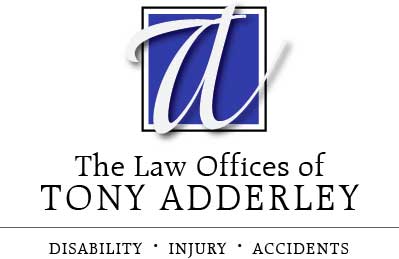The workers’ compensation system in California pays out two types of disability benefits – permanent and temporary. Temporary benefits expire after a period of time and are only intended to provide assistance when a person is injured on the job but needs a period of time to heal and recover before returning to work. Permanent benefits are exactly as they sound – they are awarded to individuals who are unable to return to work at all because the severity of an on the job injury was so serious.
Determining the Level of Impairment
The California workers’ compensation system uses an impairment rating to gauge the extent to which an injury prevents a person from working. This rating is based on a doctor’s medical examination of the applicant. A doctor can assign an impairment rating to the applicant as soon as the applicant’s work related injuries appear to stabilize, which means that they stop getting worse; but that they also stop getting better.
Once awarded, permanent disability benefits will end if the applicant goes back to work for his or her previous employer for 85% or more of what he or she was originally paid, or if the applicant goes to work for any employer for 100% or more of original pay.
When a Person Disagrees
While the workers’ compensation system does what it can to help those with legitimate claims, the system is not always correct in its determinations, and appeals may be necessary to help benefits applicants receive all of the benefits that they are actually entitled to under the law.
When an Attorney Should be Considered
An experienced workers’ compensation benefits attorney should always be considered by anyone who may need to pursue workers’ compensation in California. With the right attorney by their sides, individuals trying to collect workers’ compensation are much more likely to be approved for benefits and are much less likely to be taken advantage of by a clever corporation trying to reduce its losses. The attorney will speak on the applicant’s behalf and argue the applicant’s case both in negotiations with insurance representatives and at trial, in front of a judge.
If they have never had to argue a case in front of a judge, workers’ compensation applicants are urged to let someone with experience do the job, and to hire an attorney before even an initial application is submitted. The law is so full of rules, theories, and exceptions that, if a case is not presented properly, then an entire application or hearing may be completed for nothing. In many instances, it is a person’s efforts to argue a case without the help of legal counsel that ends up costing them the most. Workers’ compensation examiners and judges at hearings are not concerned with arguments about why benefits are deserved, they are concerned only with facts. Testimony that does not contribute anything to the facts of a case will be ignored. If, however, during testimony an applicant discloses a fact harmful to his or her case, that testimony can still be used against the applicant in the final decision made by the judge.
Protect Your Rights: Schedule a Free Consultation Today
Don’t navigate the complexities of the California workers’ compensation system alone. A single mistake in your application or testimony could cost you the benefits you deserve. Our experienced legal team is ready to review your case, calculate your true impairment rating, and fight for your maximum recovery.
Contact us today at (951) 465-6010 to speak with a dedicated workers’ compensation attorney.

